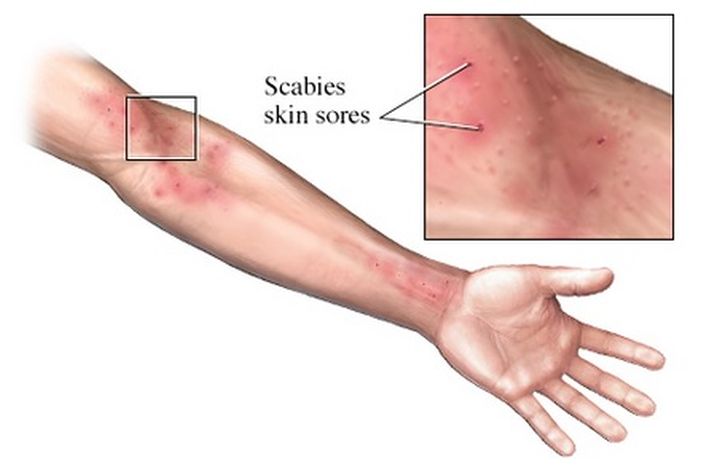CALGARY – Dozens of people are at risk of contracting crusted scabies after potentially coming in contact with a patient at Alberta Children’s Hospital.

Alberta Health Services said on Friday it’s following up with people who may have been exposed to the case.
“Scabies itself is a very common skin infestation but when we get a case of Norwegian or crusted scabies, we do follow up on people potentially exposed, so staff, other patients and their families,” said AHS medical officer of health Dr. Judy MacDonald.
AHS said only those contacted may have potentially been exposed, and that the case is not an ongoing risk to patients, staff or the general public. AHS said the follow-up was a precaution.

Get weekly health news
“What we’re doing is recommending a preventive treatment,” said MacDonald. “We just have the one case but given that the patient was highly contagious with crusted scabies, as a precaution we’re recommending this preventive treatment for anyone in that area that may have been exposed and the people that they live with.” MacDonald said this could be over 100 people.
She said the preventative treatment is a lotion or cream that’s applied to the skin.
“It’s a scabicide, so it kills scabies. It needs to be applied and left on for 14 hours to be effective in killing the mites.”
An AHS spokesperson said only those contacted may have potentially been exposed, and that the case is not an ongoing risk to patients, staff or the general public. AHS said the follow-up was a precaution.
Crusted scabies is a rare, severe form of scabies that’s extremely contagious because of “the large number of mites found in and on the skin,” according to an Alberta Health web page.
The site says symptoms of this type of scabies include:
- Scaly, crusted sores on the hands, feet, scalp, face, torso, and pressure-bearing areas such as the elbows. Facial skin may flake off, and significant hair loss can result.
- Mild itching despite the heavy infestation of mites.
- Slow response to treatment compared with other forms of scabies.
For more information on scabies, click here.
With files from Heather Yourex


Comments